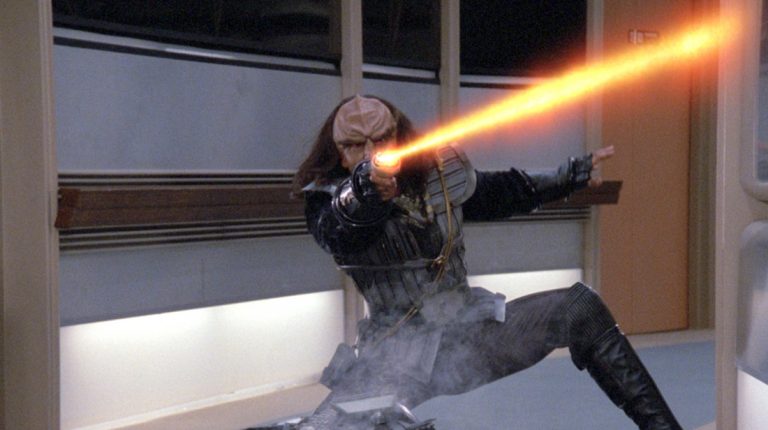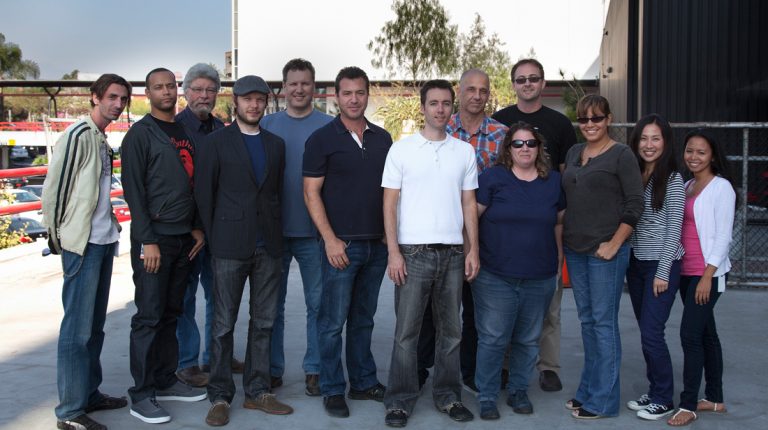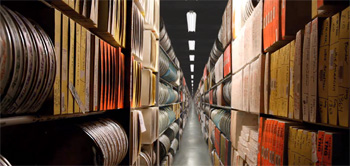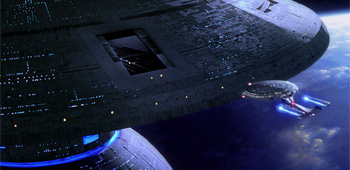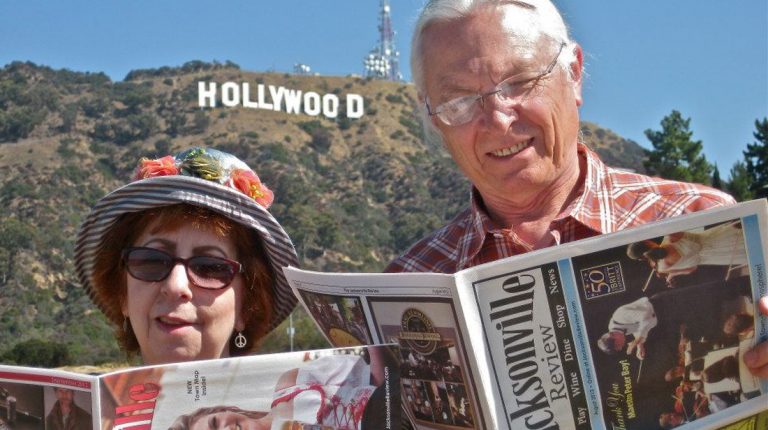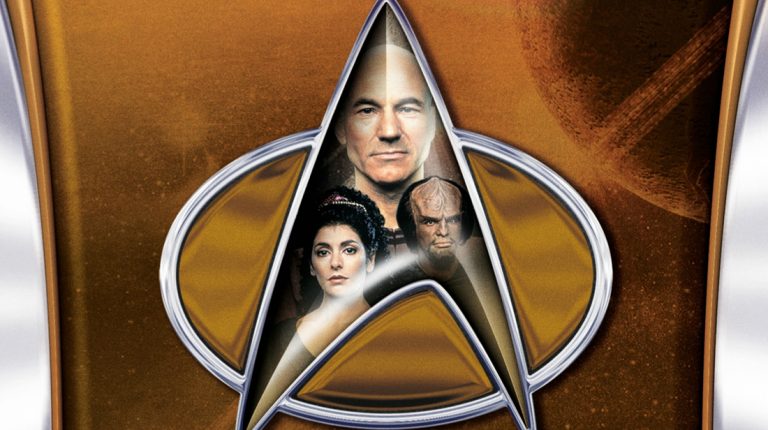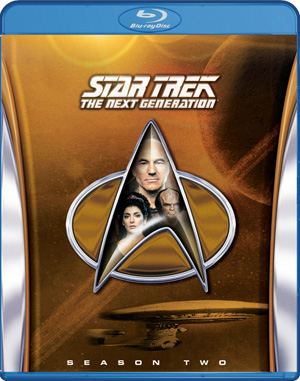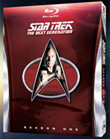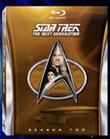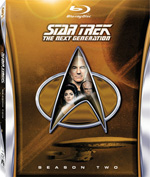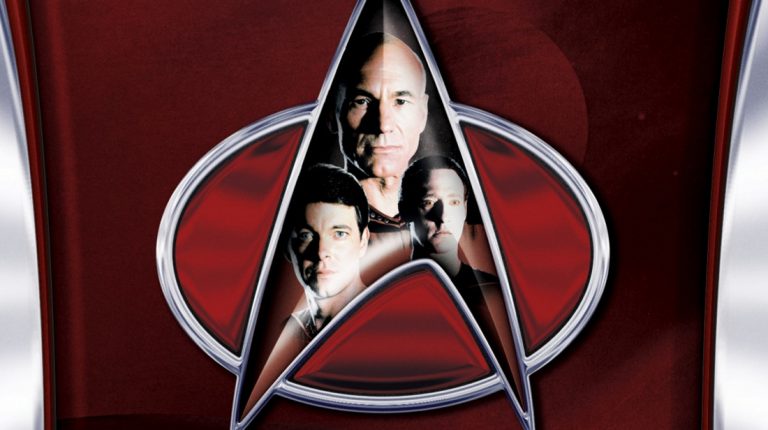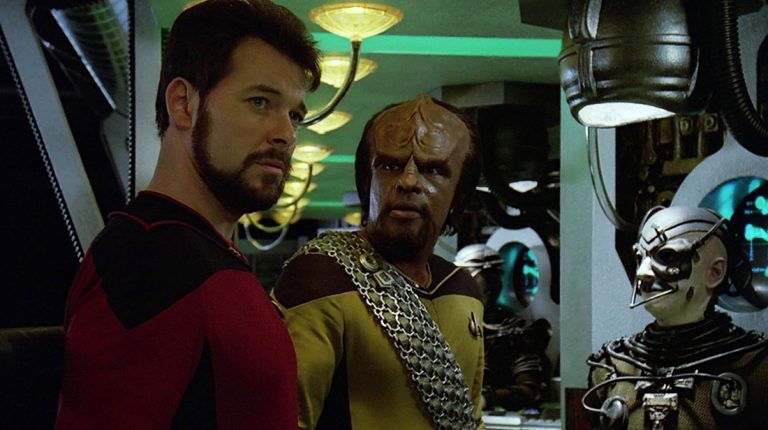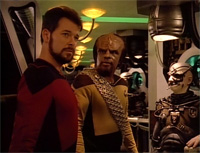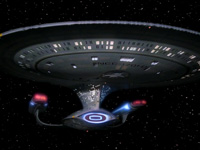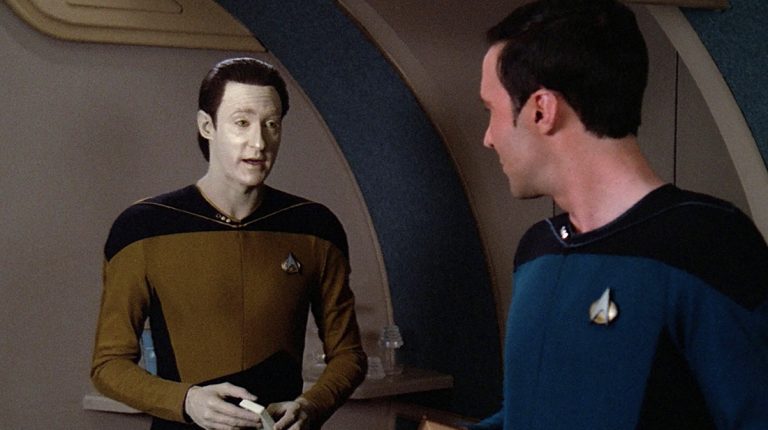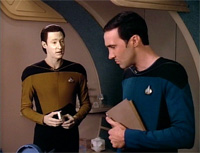A few weeks ago CBS invited TrekCore to talk with the CBS Digital team responsible for the wondrous restoration and remastering of Star Trek: The Next Generation in high definition. Craig Weiss and his team were very generous with their time and answered a huge number of questions, often very technical in nature. I hope you enjoy the resulting interview and leave with a greater understanding and appreciation for the monumental effort that this project represents, and of the wonderfully talented people who are working tirelessly behind-the-scenes to make it happen. Feel free, as usual, to leave comments and questions below.
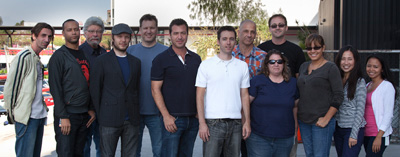
CBS Digital: TNG Remastered Interview, Part 2
Interviewed by Adam Walker for TrekCore.com
![]()
TrekCore: How does Season 2 stand up so far, have you managed to track everything down?
Craig Weiss: Season 2 – actually – because they truncated the delivery schedule, Season 2 was handled by another vendor. Basically, Season 2 was handled outside.
TrekCore: I see – so the film itself was handled outside?
Craig Weiss: Yes. For that season, that was done… and the visual effects were handled by Dan Curry and the original group on that one. We were so busy with everything else, that due to the schedule we weren’t going to be able to do both seasons at the same time.
TrekCore: Moving on to when you actually scan the film through. Are all the archive negatives being scanned box-by-box or do you just pick out the bits that made it into the final cuts of the episodes?
Wendy Ruiz: We’re transferring only the film dailies that they used back in the day when they first transferred the film, but they transferred them to 1-inch dailies. We are in turn up-rezzing and cross converting those 1-inch dailies to HD and we’re having our scanners only scan on those 1-inch… now to those HD-D5s that match the picture, so we’re strictly working with what the editors worked with back in their day.
Bruce Golin [CBS Digital Producer]: The challenge initially was that there’s no road-map back to original negative because this show was mastered on videotape. We have EDLs [edit decision lists], we don’t have negative cut lists. So, the reason for uprezzing 1-inch dailies to D5 is to preserve the time code, and to relay some negative in HD back to those upconverted tapes, simply to preserve time code, which is our only reference for assembly.
Wendy Ruiz: We’re trying to cut down on the excess amount of film we’re going through. There’s an excess of 70 boxes per episode, so doing it this way, we kind of save ourselves some time so instead of going through everything, we only go through what we need.
TrekCore: When the film is played back through and captured digitally, what resolution is it captured at? One of the most popular questions we’ve had is ‘are you future-proofing for 4K resolution’?
Craig Weiss: No, at this point we are working in HD. If, in the future, there is a request to go back to 4K or something – at that time we’ll address it. We have – the most important thing – the time code of how the show was mastered, which has been the bulk of trying to figure this out. So we can go back and remaster the film in 4K. Due to just time and the schedule, there would be no way for us to be able to manage that kind of data for an HD release at this point. And nobody really knows what the specs for 4K are going to be, or for 4K televisions. So we decided we didn’t want to scan with today’s technology and then a year from now the specs might be different so we’d have to re-do it, so we decided to just stay within the specs for this Blu-Ray project.
TrekCore: Once you have a full resolution video, what’s the next step in the restoration process? Do you step through the film frame-by-frame touching up the details?
Wendy Ruiz: Once we’ve scanned all the footage, we go to an editor who will conform the picture to match the standard-def that aired on the network. From there, once we’ve conformed, we’ll put together the pieces – any missing items there, we’ll go on the hunt to find any missing material – it will then go on to color correction, where we’ll try to match the notes that we see as to the mood of the show for a given episode. After that, it will go into DRS [Dust Removal System] – dirt removal where it will take off any dust and dirt that are on the show – positive/negative dirt – any additional fixes, any boom microphones that are left in the show, and set pieces that might have been left. We’re removing pieces that had originally been left in during the network release. This time around, we’re catching all those boom mikes, we’re catching all those set pieces that had been left behind and making sure those don’t appear in the [remastered] show.
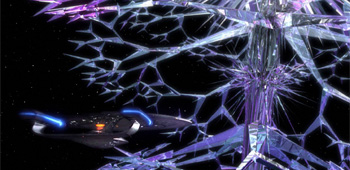
Dan Curry preferred to shoot at 30 frames per second in the episodes where he was the VFX Supervizor (such as ‘Datalore‘). This posed an extra challenge for lead compositor Eric Bruno…
TrekCore: How are you dealing with some of the miniature photography that was shot at 30 frames per second. What program are you using to convert it to 24 frames? Do you use Autodesk Smoke? Are the results indistinguishable from native 24 fps footage?
Eric Bruno: Yes, the two main VFX supervizors on the show were Dan Curry and Rob Legato. Rob Legato liked to shoot at 24 frames per second and Dan Curry liked to shoot at 30 frames per second. So basically, every other episode, one is 24 one is 30 – for the visual effects. So, yes, we had to – on all the episodes that were shot at 30 by Dan Curry – we had to put a 125% speed up on each of those elements so that they matched the original. We’re using Autodesk Smokeand Flame to do those speedups. For the most part, they are indistinguishable from the original. If and when there are artefacts from the speed-up process, we take them out and clean them up if they are noticeable.
TrekCore: Well this is a whole lot of work which isn’t really appreciated. It’s such a simple issue on paper, but it seems like a lot of work is involved in getting around that.
Eric Bruno: Every other episode is at 30 frames per second. And you’re talking 7 layers per ship, 10 layers for this, 5 layers for that and each one has to be sped up to match the original timing.
TrekCore: If we can move on to reassembling the footage. How long does it take to rescan the film from any given episode?
Sarah Paul: It usually takes a week to do all the production and all the visual effects. A week for each episode. And if you conform the episode, it will take another week.
TrekCore: And with regards to adding in new VFX. How long would it take to, for example, add in a phaser beam to a scene?
Eric Bruno: It really depends on the scene. If it’s a simple phaser that lasts for a second and is going straight, we could knock it out in an hour using Flame. If it’s multiple phasers, maybe an hour and a half. If the light is reflected it may take half a day. It really depends on the scene itself and the complexity of what’s happening.
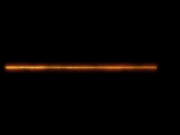 |
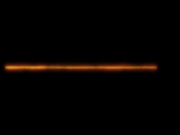 |
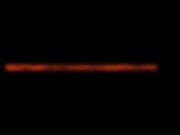 |
 |
 |
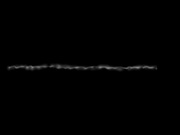 |
| A full breakdown of the many components which go into creating a CG phaser beam, from effect 056 on episode 20, ‘Heart of Glory‘ |
||
TrekCore: So this really gives us a great idea of the amount of time it takes to remaster a given episode. Obviously it’s depending on the amount of visual effects, but half a day for a phaser beam is certainly a lot more than I was expecting. From some of the feedback we’ve had a lot of fans seem to think it’s a job that could be knocked out in half an hour.
Craig Weiss: No
Eric Bruno: Even the simplest phaser scene, by the time you’ve set it up and got all the elements in there… in any visual effects scene, even the easiest shot is an hour on your best day.
Craig Weiss: And another thing that’s really important here – in order to honor and stay faithful to the original material – even something as simple as a phaser beam, the R&D that they put into … because a lot of that was hand-drawn back then and they used different techniques, so we had to spend a lot of R&D time in order to match that. The amount of noise, the color, the look and feel. So something as simple as what would be a phaser beam, there’s a lot of R&D time and work that went into getting the right look and building a system that is consistent throughout. You know, sometimes the simple things are even more difficult because you have to go back and recreate what was originally done, but recreate that same flavor.
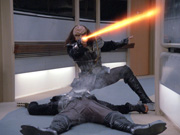 |
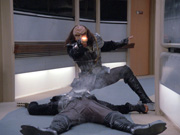 |
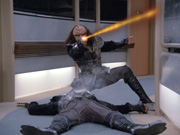 |
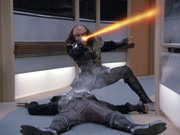 |
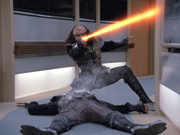 |
|
| A nice breakdown of the different elements which go into creating a phaser beam from effect 056 on episode 20, ‘Heart of Glory‘. As Eric Bruno and Craig Weiss explain, even the simplest phaser shot requires a lot of R&D to get a consistent look throughout the show. | ||
TrekCore: With that in mind, are there any differences between the editing process you’re using with TNG Remastered and a series which would be produced today for television?
Craig Weiss: I think… well most shows today are no longer shot on film, so they’re not transferring film. And, today just in terms of efficiency – everything is shot now with cinematic digital camera. So that stuff comes right out of the camera right to the editor – the efficiency and time it takes to actually edit a show, conform a show, is night and day compared to how it was 25 years ago. We’re kinda having to emulate the way they did it 25 years ago, but if you were to do the same show today it would be a completely different workflow. We wouldn’t shoot models, of course, we’d do CG. So like Eric’s saying – you have 8 layers just for one shot, but if we did it in CG it would be done with one pass, so to speak.
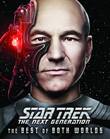 | Order TNG - "The Best of Both Worlds" Feature Blu-Ray today! | 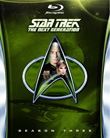 | Order Star Trek: The Next Generation Season 3 Blu-Ray today! |
|---|

